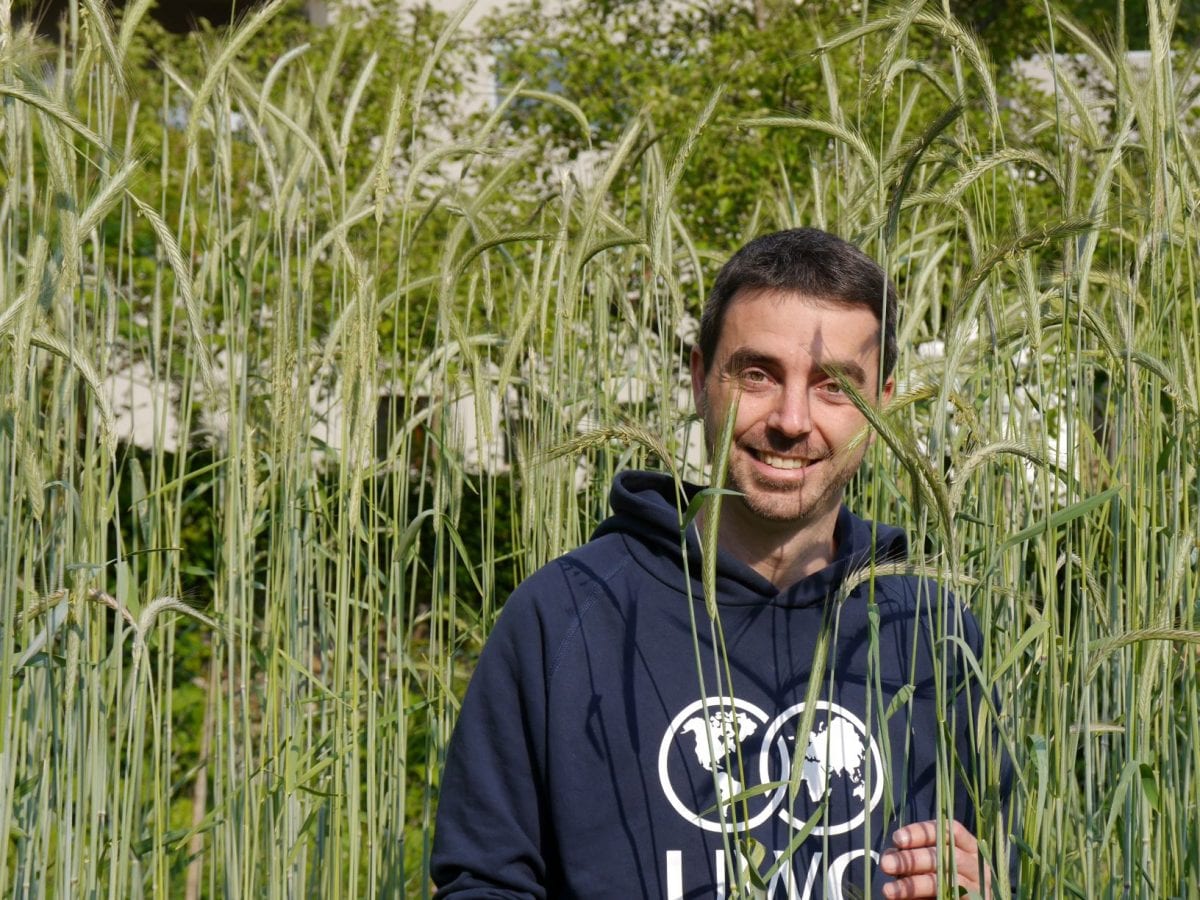It has become quite cliché for UWC graduates to talk about how their two years as a student were the most formative in their lives. And yet, I also want to make this claim. I went to UWC Mahindra in India from 1998 to 2000.
While I don’t want to encourage rule-breaking among current students necessarily, these adventures were an important part of my Mahindra experience. The chance to get a close-up glimpse of life—both human and otherwise—in rural India was a great opportunity for me. Nature had always played a very important role in my life. I had spent much of my childhood just walking through the woods of my native Bavaria in Germany. By placing me in rural India, in a place with fabulous biodiversity, stark inequality but also dramatic economic growth, UWC prompted me to think more globally about the challenges we face as a species on a finite planet.
After working at the Centre for Alternative Technology in Wales as a lecturer and consultant on renewable energy, I have returned to the UWC fold as sustainability coordinator at UWC Robert Bosch College in Freiburg, Germany. On paper, the role of sustainability in UWC has changed massively since my student days—after all, “a sustainable future” is now on a level with “peace” in our mission statement. In reality, education for peace and international understanding is built right into the very fabric and structures of UWC in ways that environmental sustainability is not (yet). Simply by bringing together young people from all around the world, we cannot fail to foster international understanding. Yet the very same act—thousands of young people flying thousands of miles— already pushes the carbon footprint of our students well beyond what is allowed per person to avoid the worst of climate change.
UWC was a great solution to the challenges of the 20th century, but it is struggling to claim relevance, let alone leadership, on the emerging sustainability challenges of today. Moving away from a “diversity of passports” to an understanding of diversity that can be achieved with fewer air miles, planting whole forests to offset our emissions, and doing everything to make our campuses more sustainable are all necessary steps to reduce UWC’s gaping credibility gap on sustainability.
But if we want UWC to be as relevant to the great environmental challenges of today as it was to the political challenges of its time when it started half a century ago, then we will have to think more fundamentally about what making education a force for building a sustainable future should look like.
_______________________________________________________________________________
UWC-USA invites members of the wider UWC community to share their thoughts on topics relevant to the UWC movement.


